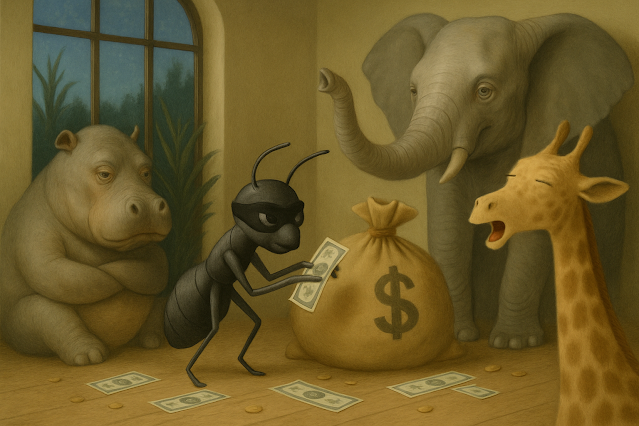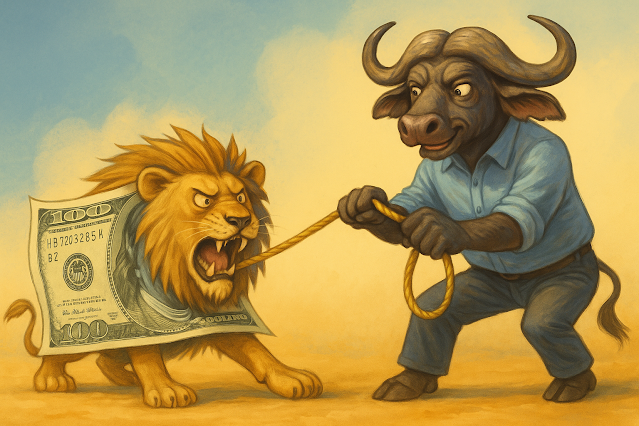🛟 Building an Emergency Fund: Your Financial Safety Net

Because true stability starts with being prepared for the unexpected. ✨💸 What if tomorrow you lose your source of income or face an unexpected medical expense? Having an emergency fund can mean the difference between peace of mind and financial chaos. It’s not a luxury — it’s a necessity! Here’s why it’s so important and how to start building yours, step by step. 🔹 What is an emergency fund? It’s a set amount of money saved exclusively to deal with unexpected situations: 🔹 job loss 🔹 serious illness 🔹 urgent home or car repairs 🔹 family emergencies This fund acts as a financial cushion that prevents you from relying on loans, credit cards, or rushed decisions. 🔹 Why is it vital to have one? Having an emergency fund allows you to: 🔹 Sleep better, knowing you can handle the unexpected 🔹 Protect your mental health by reducing financial stress 🔹 Avoid unnecessary debt 🔹 Keep working toward your goals without major setbacks In short: life is unpredictable — ...




